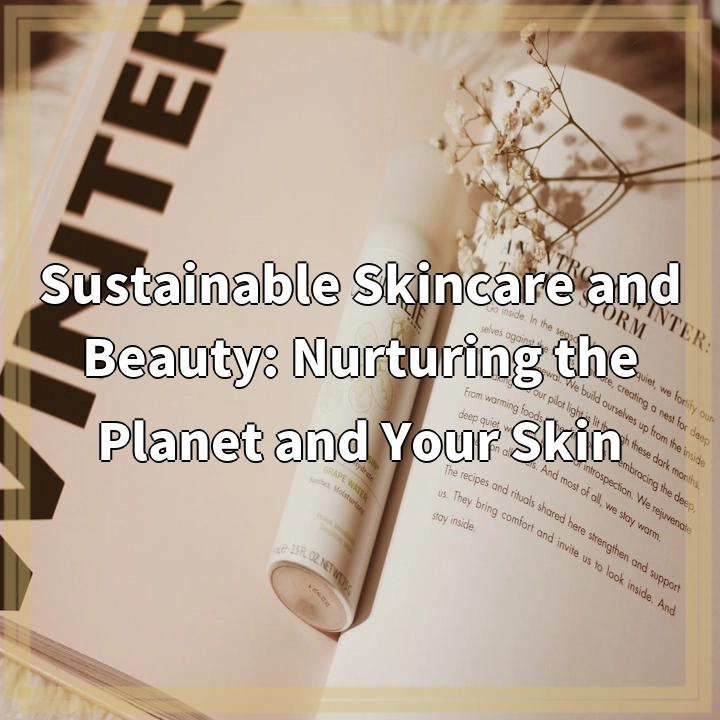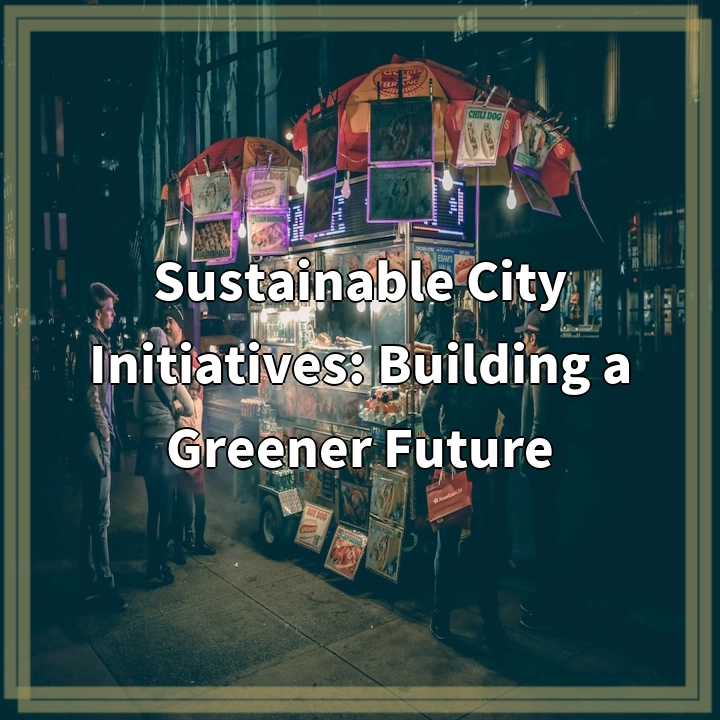
What is Sustainable Skincare and Beauty?
Sustainable skincare and beauty refers to the practice of using products that are not only good for your skin but also good for the environment. These are products that are produced, packaged, and consumed in a way that minimizes negative environmental impacts.
Real-World Problems Associated with Sustainable Skincare and Beauty
1. Packaging Waste
The beauty industry generates a significant amount of plastic waste through product packaging. From plastic bottles to sachets and blister packs, much of this packaging is not biodegradable and ends up in landfills or polluting our oceans.
2. Harmful Chemicals
Traditional skincare and beauty products often contain harmful chemicals such as parabens, phthalates, and sulfates. These chemicals pose risks to both our health and the environment. They can disrupt hormonal balance, contribute to water pollution, and harm aquatic ecosystems.
3. Deforestation
The production of certain beauty ingredients, such as palm oil and shea butter, has led to the destruction of vast areas of forests. Deforestation not only contributes to climate change but also threatens the habitats of many vulnerable species.
4. Water Consumption
The beauty industry requires large quantities of water for product manufacturing, especially in processes like extraction, purification, and rinsing. This puts pressure on water resources, particularly in regions already experiencing water scarcity.
5. Animal Testing
Many conventional skincare and beauty products are still tested on animals. This unnecessary practice causes immense suffering to countless animals and raises ethical concerns. Additionally, the environmental impact of animal testing and the disposal of test materials needs to be considered.
6. Greenwashing
Greenwashing is a common practice in the beauty industry, where brands claim to be sustainable and eco-friendly without genuine efforts or transparency. This can mislead consumers who are trying to make environmentally conscious choices.
By addressing these real-world problems associated with sustainable skincare and beauty, we can promote a healthier, greener, and more socially responsible industry.

Solutions for Sustainable Skincare and Beauty
1. Sustainable Packaging Alternatives
Companies can opt for eco-friendly packaging options such as recycled materials, biodegradable or compostable packaging, and minimalist designs that reduce waste. Additionally, consumers can choose products with minimal packaging or refillable options to reduce their own contribution to packaging waste.
2. Clean and Natural Ingredients
Brands can use clean and natural ingredients, free from harmful chemicals, to develop safer and more sustainable skincare and beauty products. This includes using organic, ethically sourced, and renewable ingredients that are safe for both the skin and the environment.
3. Supporting Regenerative Agriculture
Supporting regenerative agriculture practices can help reduce the negative impact of beauty ingredients, such as sustainably sourcing plant-based ingredients and promoting organic farming. This can minimize deforestation, protect biodiversity, and reduce the use of harmful pesticides.
4. Water Conservation Efforts
Beauty brands can implement water-saving techniques in their manufacturing processes and promote water-efficient practices. Consumers can also help conserve water by opting for products that require less water for usage or by reducing excess water usage during their skincare routines.
5. Cruelty-Free and Vegan Alternatives
Avoiding animal testing and using cruelty-free and vegan alternatives is an important step to support ethical and sustainable practices in the beauty industry. Brands can invest in non-animal testing methods and certifications, while consumers can choose products with cruelty-free and vegan labels.
6. Promoting Transparency and Education
Creating awareness and promoting transparency is essential for consumers to make informed choices. Brands can provide clear and accurate labeling, certifications, and documentation regarding their sustainability practices. Educating consumers about the environmental impact of beauty products can empower them to make environmentally conscious decisions.
By implementing these solutions, we can work towards a more sustainable and ethical skincare and beauty industry that benefits both our planet and our skin.















